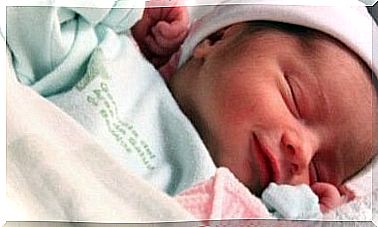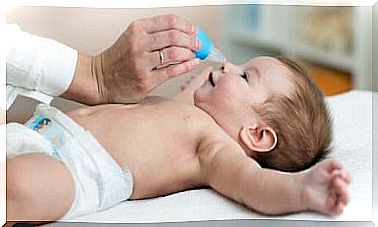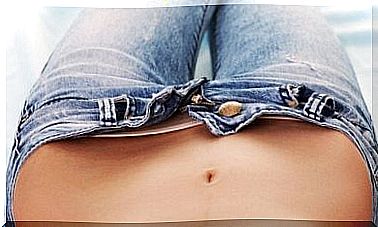Nutritional Intake For Pregnant Women: Guidelines
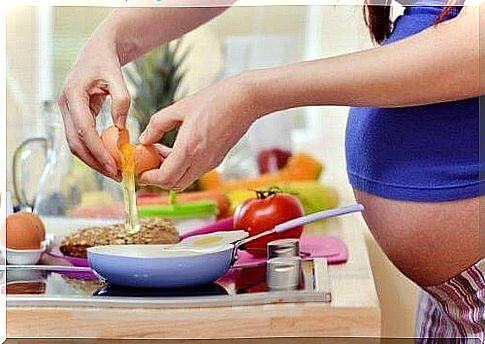
In this article, you will find guidelines for adequate nutrition for pregnant women. Getting enough nutrients when you are pregnant, or have just given birth, is very important for both your health and your baby’s growth. Do not forget that what a pregnant woman eats and drinks is a source of nutrition for the baby.
Therefore, it is very important to choose dietary options that are well suited to provide the body with the nutrients it needs. A pregnant woman needs large amounts of calcium, iron, protein and folic acid. These nutrients help prevent brain diseases, deficiencies in bone formation, lack of oxygen in the circulatory system and deficiencies in muscle tissue in the baby.
Nutritional intake for pregnant women: What should you eat?
Greek yogurt is especially beneficial for expectant mothers. Greek yogurt has more calcium than any other dairy product. In addition, it contains probiotics that help improve digestion and prevent infections.
Legumes such as lentils, green peas, green beans and peanuts contain fiber, folic acid and many other nutrients. Thanks to this, they help prevent diseases in both the mother and the baby.
Eggs contain a little of every nutrient you need for a healthy diet. One of these substances is choline, a molecule that helps develop the brain, both physically and functionally.
Lean meats such as beef, pork and chicken are an excellent source of protein, iron, choline and B vitamins.
Berries and red fruits are small but loaded with water, carbohydrates, vitamin C, fiber and antioxidants. In addition, they are perfect for calming anxiety without increasing your calorie intake.
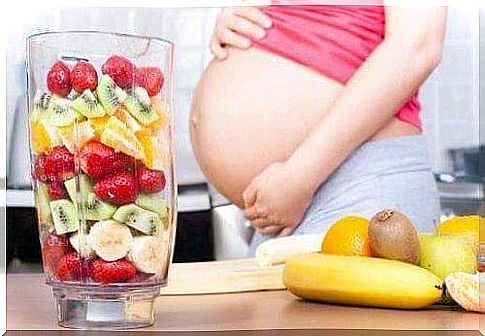
Avocados contain many fatty acids that are good for the body. It also contains vitamins B, K, E and C as well as potassium and copper. All of these nutrients help relieve leg cramps. Unfortunately, it is very common during pregnancy.
Nuts are excellent during pregnancy. They have a lot of nutrition even though they are small in size.
Different kinds of food
Each type of food has nutritional benefits for pregnant women. Some examples are given below:
- Whole grains are excellent as an energy source.
- Fruits and vegetables contain a rich amount of antioxidants. In addition, they are rich in both fiber and vitamins.
- Meat, nuts and vegetables contain protein, folic acid and the iron that the body needs.
- Dairy products of various kinds are a source of both calcium and vitamin D. As mentioned earlier, yogurt is one of the best for a pregnant body.
What foods or drinks should be restricted in the diet of pregnant women?
Drinks with caffeine. The safe limit is below 200 mg per day, which is equivalent to about 350 ml of coffee. However, if you can avoid it altogether, it is even better for both your and your baby’s health.
Some fish. Salmon and sardines are rich in both the fatty acid omega 3 and protein. However, there are other types of fish such as white tuna that are high in mercury. Their intake should therefore be limited.
Alcoholic beverages. Alcohol can pass directly to the baby from the mother’s bloodstream via the umbilical cord and can cause physical and cognitive abnormalities in the baby in the future.
Unpasteurized dairy products. Pregnant women are more susceptible to parasites and bacteria found in unpasteurized foods.
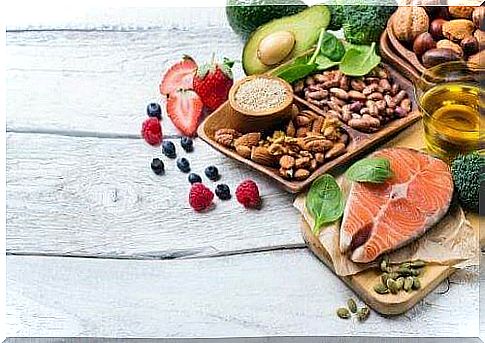
There are also other things to consider. In addition to healthy food, a pregnant woman needs to get a sufficient amount of water. She should also take vitamin supplements to ensure that she is getting all the necessary nutrients. Many foods do not contain enough nutrients, which is why you should find alternative sources.
Keep in mind that nutritional needs change during pregnancy. Unfortunately, it is not enough just to change the portion size of what you already eat. What you also need to make sure is that the expectant mother eats the micro and macro substances needed to keep both the mother and the baby healthy.
